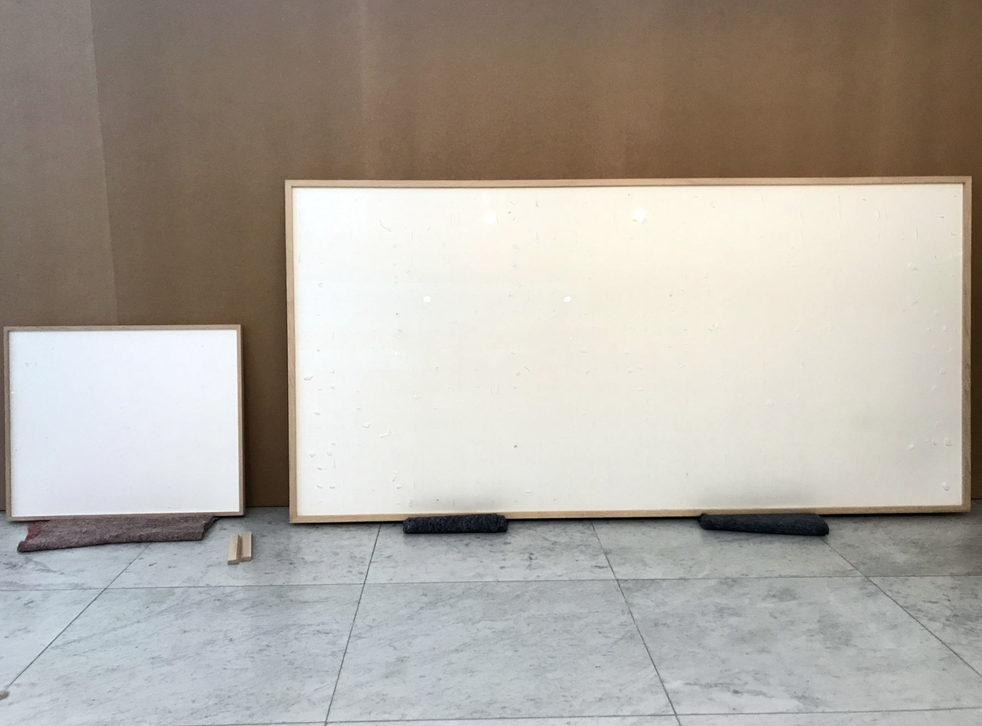Tech Elevator Week 4: “Show Your Work!”
This is my cat, Claudia. She reminds me that life is not about being “purrfect”.
I hated showing my work in middle school math class. I could do all the math in my head, so showing my work just slowed me down.
And I had good reason to be fast. The less time I spent on my math homework, the more time I had to play soccer or practice piano!
A few years later, I realize my teachers were planting seeds of wisdom. Showing your work can be life-changing.
“Give what you have. To someone, it may be better than you dare to think.”
- Henry Wadsworth Longfellow
“Show your work: 10 Ways to Share Your Creativity and Get Discovered” a book by Austin Kleon
Ali Abdaal, one of my favorite YouTubers recommended this book so I decided to give it a try.
I binged this short book in one sitting. I was not disappointed.
It spoke to me as a musician, software engineer, and lover of ideas.
But First, How The Pandemic Changed Me
In the summer of 2020, I decided to try something new. There was a trend on classical music Instagram called #100daysofpractice. Musicians shared videos of themselves practicing every day for 100 days.
This seemed like an opportunity for me to grow. The accountability of sharing a video of me playing every day was extremely motivating. In my mind, I couldn’t let down my followers once I publicly committed to this challenge.
Along the way, I ended up making some new friends and practicing more consistently than ever before.
The pandemic took away performance opportunities, but more importantly, it made me question my fear of sharing my music. In a world that seemed to offer no guarantees of returning to normalcy, what did I have to lose?
Follow my music Instagram to see what comes next.
You don’t have to be a genius
Austin Kleon suggests there is no such thing as a lone genius. Every great innovation or creation has context. For example, Bach didn’t compose music in a vacuum, he meticulously studied the works of famous composers before him.
Musician, Brian Eno, refers to this as a “Scenius”. This reinforces the idea that it’s not about how smart or talented you are. Rather, what connections did you make? What conversations did you start?
“In the beginners’ mind, there are many possibilities”
- Shunryu Suzuki
Adopting the mindset of a beginner might be one of the best things you can do for yourself. In a previous post, I talked about having the courage to let go of certainty. Put another way: the difference between mediocre and good is vast. But being mediocre is still existing on the spectrum. The real gap is between doing something versus doing nothing.
Think Process Not Product
Share your work on a regular basis. It doesn’t matter if it’s a blog, journal, Instagram, or whatever. But, most importantly, share your WORK.
Don’t share your lunch, your cats, or your sunsets. Show your work in progress. 90% of what you put out will not amount to much. But over time you will create a body of work that you can draw on.
You’ll find there is flow and stock. Flow is the day-to-day output that isn’t particularly mind-blowing. Stock, on the other hand, is the output that is still valuable down the road.
How do you know what you have to say if you never say anything?
Tell Stories, Don’t Be Afraid To Talk About Yourself
If you take pictures, you are not an aspiring photographer. You are a photographer. Period.
In most cases, the story matters more than the work. The story frames your work. The story gives emotion to your work.
Have you heard of the story of the Danish artist, Jens Haaning? He created a work called “Take the money and run”. Instead of finishing two commissioned paintings, he returned two blank canvases and pocketed 84k dollars. He has now become a viral sensation.
Art or Heist? Jens Haaning’s “Take the money and run”
How I Share My Work as a Software Engineer
There are so many possibilities!
Module 1 Capstone Project
In week 4 of Tech Elevator’s coding boot camp, I am finishing up module 1 with a capstone project. This is an opportunity to practice the 4 principles of object oriented programming and to show my work.
Side Projects
Personal side projects allow me to practice what I am learning in class.
I’m working on an application to share classical music concerts and events. I want users to be able to search concerts by date, genre, and location. I also want users to share their own events as well. Pretty soon I will be learning how to deploy this application and save the information in a database.
It could eventually grow to include a job board, music teacher search, and more.
These personal projects will be part of the portfolio I share to potential employers to showcase my skills and initiative.
In the future
I think it will be interesting to document my work as a beginner. Then I will be able to look back and see improvement over time.
Showing my work is also an important skill for collaboration. Leaving informative comments makes code easier to understand to other developers.
Sharing to opensource projects is also a valuable way to share my work as well. Many opensource applications allow anyone to offer improvements to their codebase. If they are approved, you have made a contribution to the greater community.
The beauty of technology is it’s scalability. Small but powerful ideas can reach millions of people.
How are you sharing your work?
Kindly,
Garrett
P.S. Feel free to catch up on my blog series about my transition to the tech industry below.













